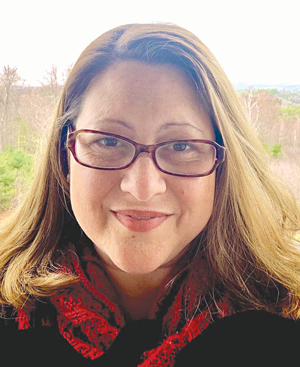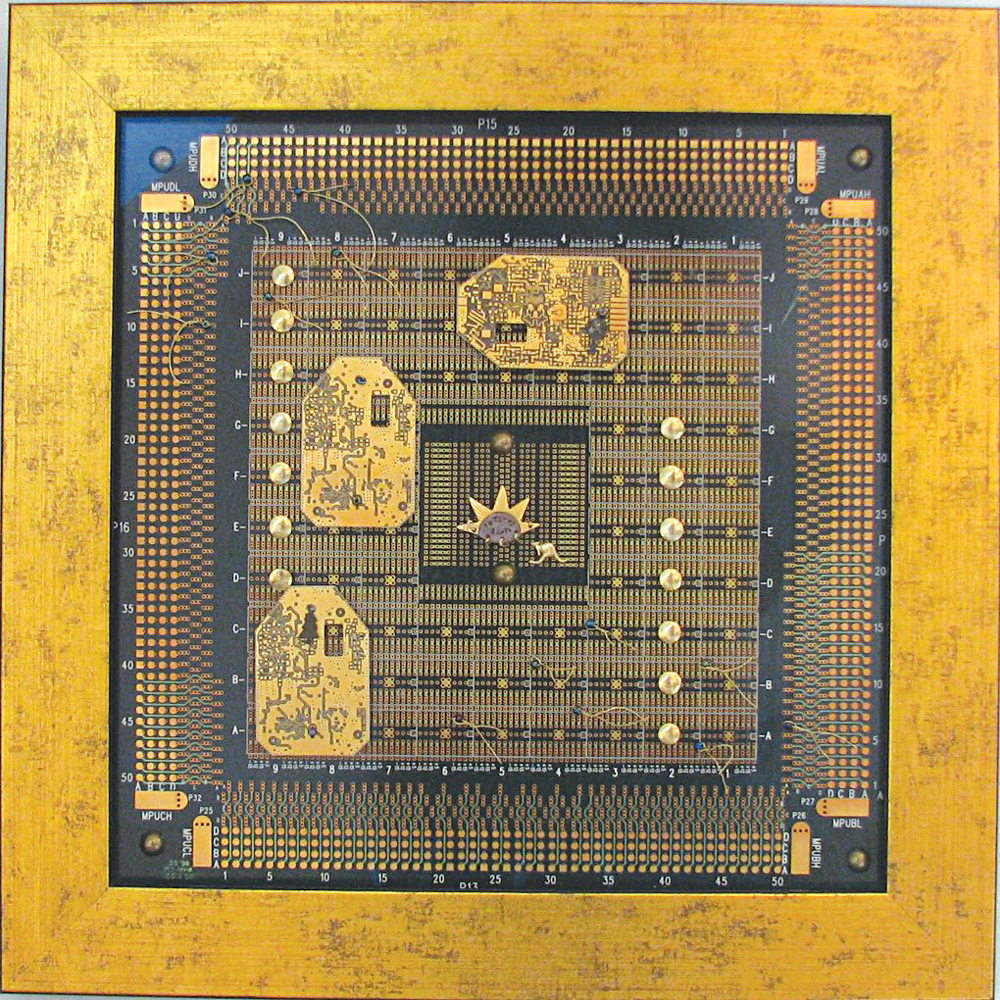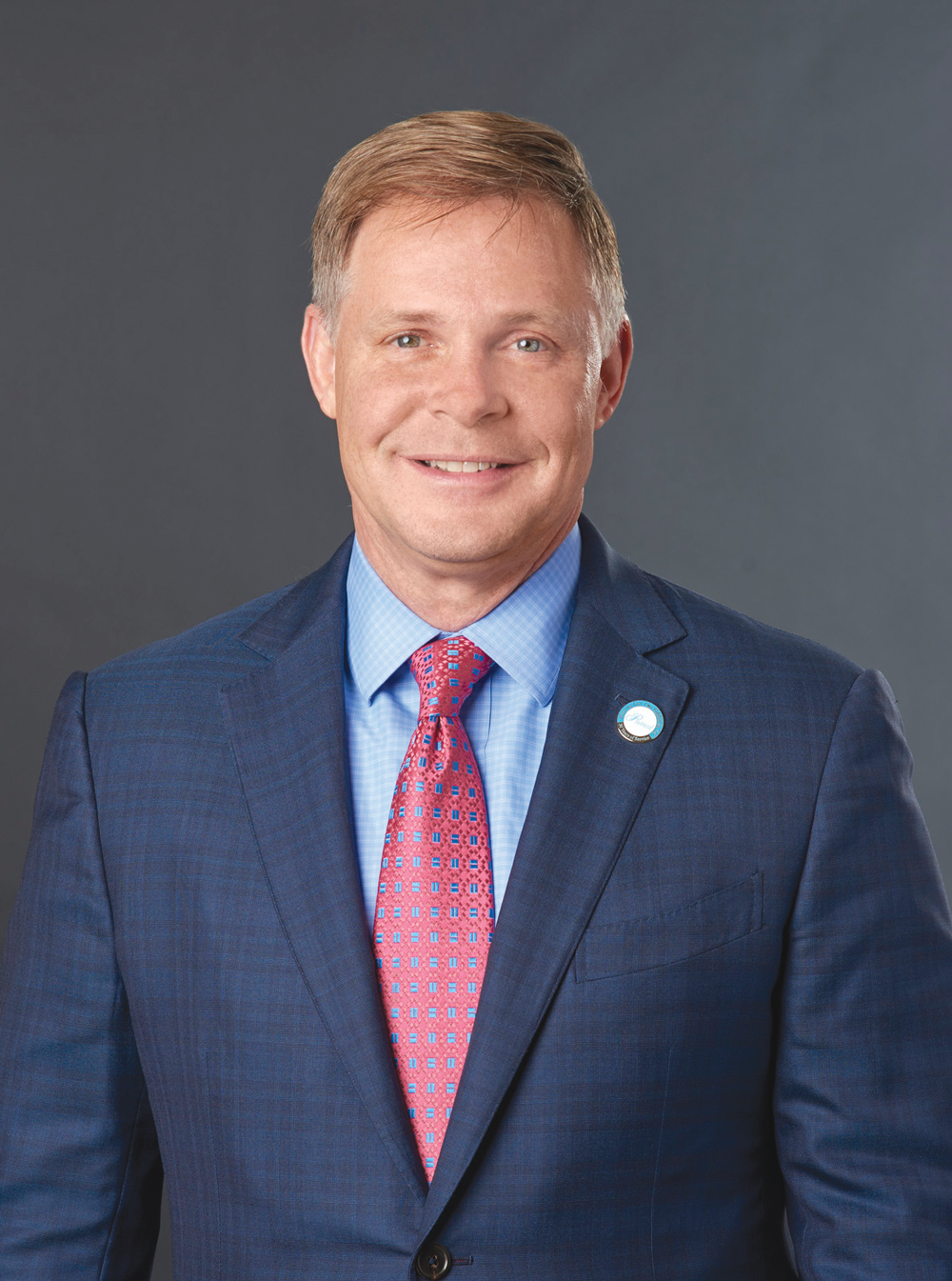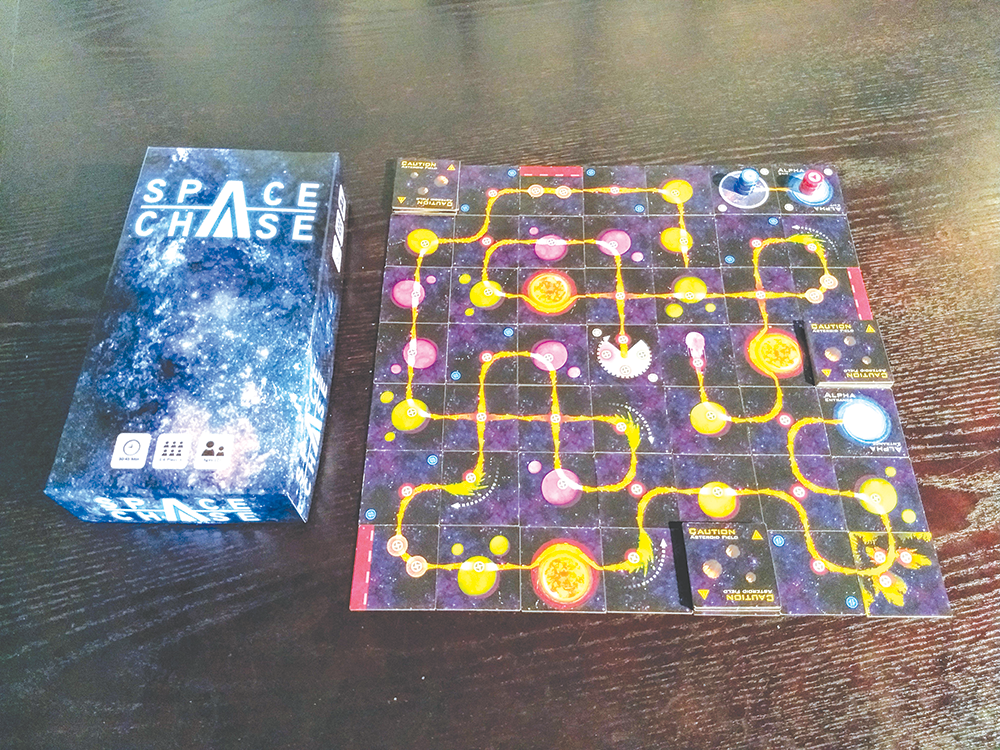Meet Youth Poet Laureate Elliot DelSignore
New Hampshire Youth Poet Laureate is an honorary position held by a New Hampshire high school student who has demonstrated dedication to and excellence in writing and an enthusiasm to share poetry with the public, particularly other young people. During their tenure, Youth Poet Laureates participate in at least four events in the state that are focused on supporting and increasing opportunities for young people to read and write poetry, and are given the opportunity to publish their own poems in an NHYPL anthology. Elliot DelSignore, a senior at Souhegan High School in Amherst, is one of four Youth Poet Laureates, chosen by The Poetry Society of New Hampshire, to serve during the 2020-2021 academic year.
How did you get into poetry?
It was kind of recently that I discovered my passion for it. In sixth grade, I was in a poetry club at my middle school, but at that time I wasn’t really into poetry that much. I’ve been writing my whole life, but it wasn’t until maybe a year ago that I really started getting into poetry, specifically. At first, I just thought it was something cool I could do. I had a lot of friends who were into it, and I thought it would be a fun way to relate to them and do collaborative stuff like that. Then I started looking into the publication scene and taking it more seriously.
What type of poetry do you write?
I prefer writing free-verse as opposed to any specific format or style of poetry. The biggest thing I like to write about is emotions and memories. I like to focus on specific memories, and on the emotion that I felt from them, and then I take that emotion and make it into a sort of narrative and include fictional elements in it.
What do you enjoy most about writing poetry?
I just think that it is such an unrestrained form of writing, and that’s the appeal that poetry has to me versus other kinds of creative writing. With short stories or with novels, there’s more of a set structure. There are grammar conventions, and there are certain rules that you have to follow, no matter what you’re writing about in that kind of writing, whereas poetry is just very free. I feel like I can just do so much more. It gives you a lot of free rein to express yourself and a lot of range to do what you want with the words and use the language in ways that you might not be able to do in regular creative writing. It’s just a more versatile form of art.
How did you find out about the Youth Poet Laureate program, and why did you decide to apply?
It was kind of a spur-of-the-moment thing. I’m a staff writer for the Souhegan [High School] digital magazine — it’s called The Claw — and the advisor [for the magazine] originally contacted me about it. He told me he thought it might be something that I would be interested in, because he knows that I do poetry on the side. It was only a few days before the deadline for applications, so I had to work fast, but I applied. … I always thought that my opportunities were kind of limited, since New Hampshire is such a small state, so all I’ve really done up to this point is some publishing online and stuff on more of a national level. I thought this would be a cool way to involve myself more in the writing scene in the state in person.
How did you feel when you found out that you had been chosen?
When I got the call, and they told me they thought that my application was good and that I had been accepted, I was definitely really surprised. I never considered that it would be something that I would be seriously considered for, since I kind of applied on a whim. Also, I had applied to the Scholastic Art & Writing Awards, and I know from that that there are so many talented writers in this state and that so many other people would probably apply for it.
What are you looking forward to most?
I think what I’m most excited for is the readings and workshops, and I’m excited to meet other people who are like-minded. When I applied, I didn’t know that there would be other Youth Poet Laureates, so it was definitely great to find out that there would be a few of us. It’ll be cool to work with other people who have mutual interests and passions.
What would you like to accomplish during your tenure?
Our school system doesn’t really foster an appreciation for poetry beyond what they teach in class. I hope to show students in New Hampshire that poetry isn’t just restricted to the things that you read in English class. It doesn’t only have to be about nature or fall into a certain genre. Your poetry can be whatever you want it to be. … Also, I know that when I first started writing poetry and was looking for areas to publish my work, it was hard for me to find [print publications] that would accept high school writers. Since I have experience with the digital publishing side of things and with online literary magazines and journals, I want to work to draw more attention toward those kinds of online opportunities, which can be difficult to find.
What advice do you have for other young poets?
The best thing you can do — and this goes for any form of art — is practice and work at it. Even if you think that your work is not good or you’re discouraged because it’s not at the level that you want it to be, just keep doing it and eventually you’ll improve.






